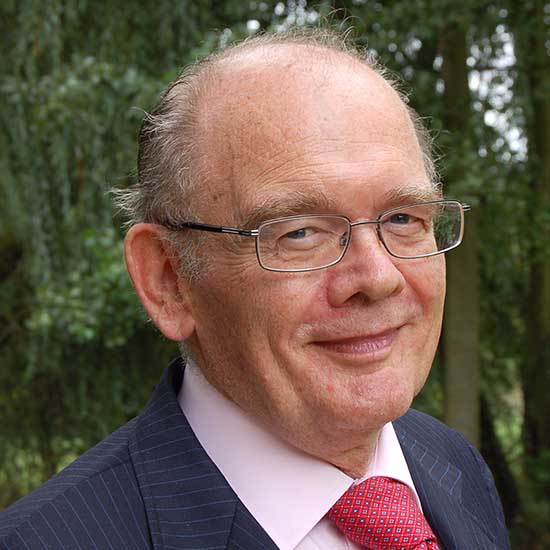Allen Hill's revolutionary research across the areas of inorganic biochemistry and protein electrochemistry enabled the development of electronic biosensors that can make an accurate diagnosis from a tiny sample of blood. Most notably, Allen's work led to the glucose sensor, which has transformed the ability of diabetics to manage their condition.
When glucose enters the sensor, it is broken down by an enzyme in a process that produces electrons in proportion to the total glucose present. Thus, to detect the glucose, these electrons must be collected and transferred to an electrode, through which current then flows. Allen was able to provide a stable way to transfer these electrons using the iron-containing compound ferrocene, ensuring the reliability of the device.
His earlier research centred on the role of metal-containing proteins and complexes in biochemistry. This included work to investigate the chemistry of vitamin B12, which contains a central cobalt ion and plays an important role in the synthesis and regulation of DNA and the metabolism of fats and protein in cells.
Professor Allen Hill FRS died on 2 August 2021.
Subject groups
-
Chemistry
Chemistry, inorganic, Chemistry, biological
-
Molecules of Life
Biochemistry and molecular biology
-
Health and Human Sciences
Medical instrumentation
Awards
-
Royal Medal
For his pioneering work on protein electrochemistry, which revolutionised the diagnostic testing of glucose and many other bioelectrochemical assays.
-
Royal Society Mullard Award
In recognition of their contribution to the translation of bioelectrochemical research into the successful launch of molecular sensors for medical use.

